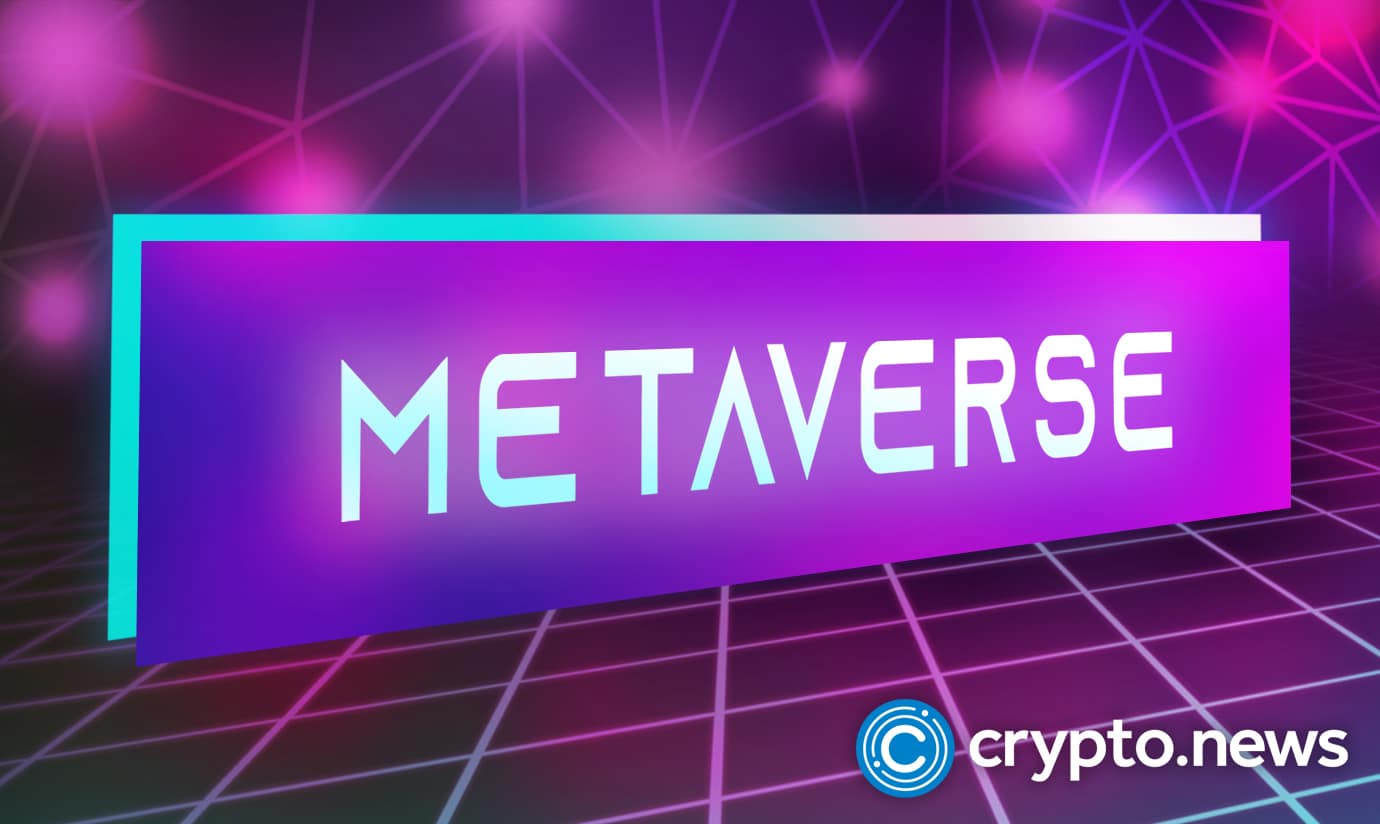Interpol Announces First Metaverse for Law Enforcement Agencies

The global police organization Interpol is not taking a back seat in the drive to explore the virtual ecosystem in policing the world. Accordingly, the police body has unveiled its first metaverse platform dedicated to global law enforcement.
The INTERPOL Metaverse
At the 90th INTERPOL General Assembly in New Delhi, India, the world witnessed the unveiling of the first virtual policing environment for the global law enforcement community.
The INTERPOL Metaverse is now fully operational, with registered users allowed to tour the virtual building of the organization’s General Secretariat head office in Lyon, France. With the new development, visitors to the Metaverse ecosystem are unhindered by their geographical locations.
In addition, visitors get to interact with officers via their unique avatars and can also participate in immersive training courses in several policing areas. Moreover, the INTERPOL Metaverse is a neutral virtual landscape overseen by the Interpol Secure Cloud system.
At the interactive sessions during the General Assembly, delegates were able to access the digital building of the Secretariat in Lyon through their avatars and virtual reality gadgets.
Jürgen Stock, Interpol’s Secretary General, noted that the Metaverse represents an abstract future. However, Interpol is spurred by the series of issues it has raised. “By supporting member states to fight crime globally and make the world safer, virtual or physical, Interpol is motivated to go with the trend,” Stock added.
The Interpol Secretary General further said:
“The world is rapidly changing, and so is the issue of crime and policing.” “Interpol’s commitment to preventing and combating crimes worldwide remains unchanged.”
Furthermore, in a panel discussion involving top police officers, INTERPOL announced the establishment of a specialized unit in the Metaverse called the Expert Group. The team is to address law enforcement concerns in the Metaverse and ensure the space is secured for all.
A Metaverse for All
Gamers are not the only group laying claim to the Metaverse due to its capability to accommodate diverse individuals.
In addition, the Metaverse is considered the next phase of the internet’s evolution, which by 2026, experts believe will be an alternate environment for people. This implies that one in every four people would likely spend an hour or two in the Metaverse to work, shop, or study.
It is worth noting that the dimension of crime may have pushed INTERPOL into the virtual space. The global crime report index shows that offenses are increasingly moving online due to rapid digitalization.
Therefore, the boundaries of the physical world will give way to the digital, indicating a borderless realm. As a result, experts on the discussion panel asked how law enforcement can handle the fast-changing crime landscape and carry out policing duties.
Already, criminal elements have started targeting the Metaverse. In response, the World Economic Forum (WEF) has cautioned about the rise of social engineering fraud, extremism, and misinformation as some of the issues of an unpoliced virtual environment.
And from the perspective of law enforcement agencies, these threats represent another significant challenge due to the differences in the background. Interpol noted that it might not criminalize a crime committed in the virtual space in the physical world and vice versa.
Risk identification and collaboration with stakeholders will shape the regulations for the Metaverse, said Stock.
Despite the many benefits of the Metaverse, the likelihood of crime is high, just like in the physical world.
















